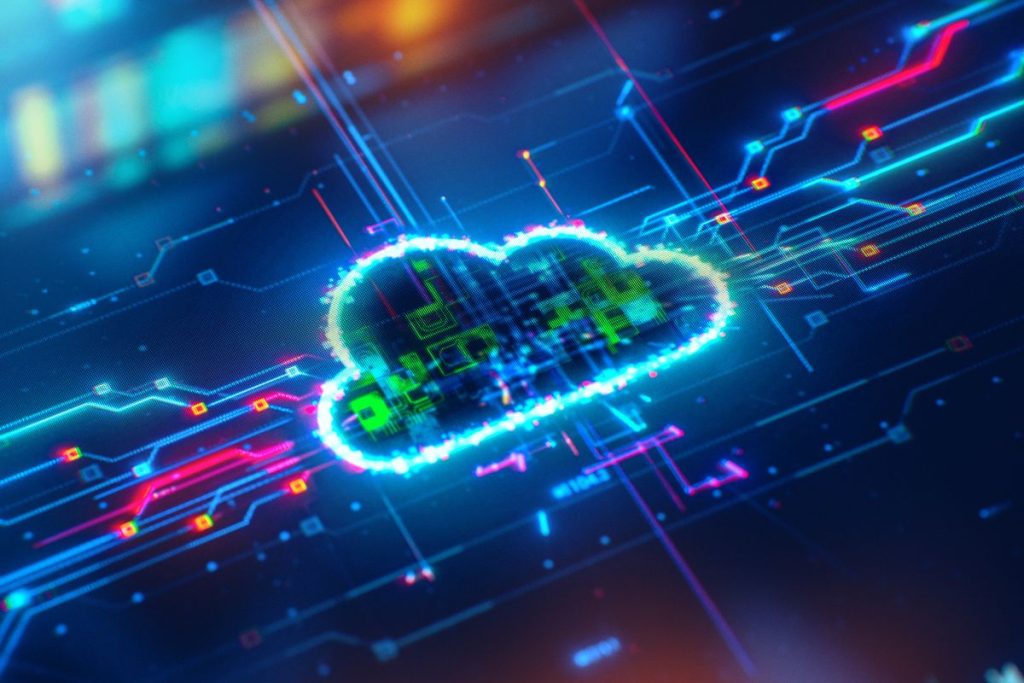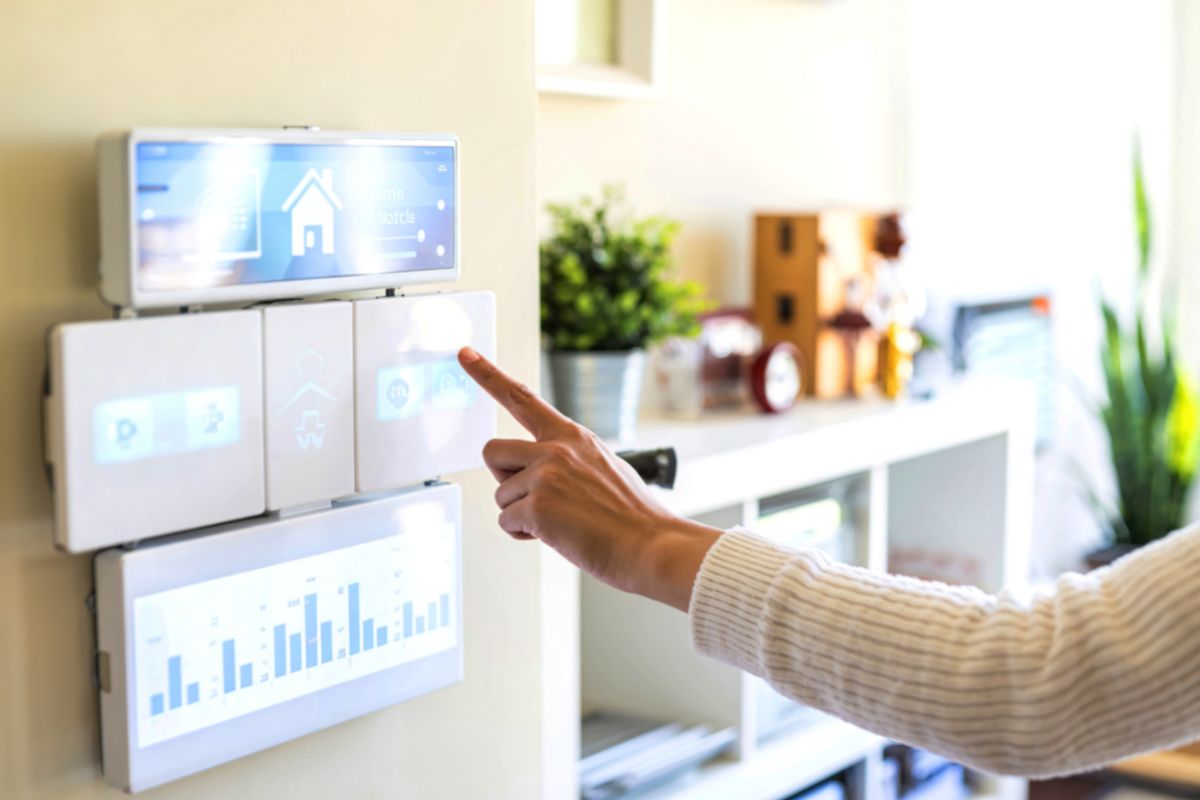If you sit down and take a look at old American shows and movies, you often see households struggling with those huge filing cabinets or shoeboxes for keeping their memorabilia.
It’s probably not the best way to keep an archive of your documents and photos but it used to be the only way of filing things.
While it’s nice to flip through a photo album, it’s also a good idea to have a digital version of it all just in case. Today, more and more individuals across the United States are turning to digitization as the solution.
By scanning your personal documents, photos, and records, you’ll have peace of mind knowing that your files are safe even if something happens to the physical version of the file.
Often, when moving, files and photos get misplaced, so digitizing everything is a good way to ensure that doesn’t happen.
Digitization in the home is not just about convenience. It’s a way to keep your memories and important documents safe.
With the right tools, it is possible to take control of both important paperwork and precious memories and have everything accessible when it matters most.
From Paper Piles To Digital Files
One of the first areas where American households see the benefits of digitization is paperwork. We deal with paperwork daily and it’s super difficult to keep track of everything.

Believe it or not but US citizens spend approximately 1.4 billion hours dealing with paperwork and information collection. Tax returns, medical records, insurance policies, and even everyday receipts once occupied boxes and filing cabinets.
Over time, this paper not only consumed valuable space but also became difficult to manage.
Digitization solves this problem by turning stacks of paper into organized digital files. With simple at-home scanners or scanning apps on smartphones, people can capture documents in seconds.
Once digitized, these files can be stored on a computer, external hard drive, or in the cloud, labeled with clear names and dates. This is also what many businesses are doing across different cities.
For instance, in New York, many law firms and notary agencies are accepting the digitalization shift and creating digital versions of all of their documents for easy storing and access.
Preserving Memories For Future Generations
Another powerful motivation for digitization at home is the preservation of family memories.
Across the US, families are sitting on collections of old photographs, slides, VHS tapes, and handwritten letters. These items carry emotional value but are also vulnerable.
Photos can easily fade, tapes degrade, and paper yellows with time. Not to mention that you can also misplace them.
By digitizing these keepsakes, individuals can preserve them in formats that last. A box of fading childhood photos can become a vibrant digital photo album, and old home movies can be converted into files that can be shared with children and grandchildren.
There are many photo and film digitizing services across the US and you can look up the ones that are best rated in your neighbourhood.
Those living in Chicago can take advantage of the many different film digitizing services available and turn their paper and film memories into long-lasting keepsakes.
Beyond preservation, digitization allows for sharing. Family members living in different states can access the same films, albums, and letters online in just a few clicks.
Creating Order Through Metadata
Digitization alone isn’t enough if files are scattered or mislabeled. This is where metadata, the information that describes a file, becomes super valuable.
This means going beyond simply scanning a photo or document. It allows you to add dates, names, or anything else that might help you identify that document or photo when you need it.
For example, a digitized birth certificate might be tagged with a name, year, and type of record, making it easy to locate years later.
A collection of family photos can be tagged with events like “Graduation 2010” or “Holidays 1995,” turning a digital folder into a meaningful archive.
This is always a better option than using generic titles and names for your files.
Cloud Storage And Accessibility
One of the biggest shifts in personal digitization across the US has been the move toward cloud storage.

Instead of keeping files only on a personal computer or hard drive, many households now use platforms like Google Drive, Dropbox, iCloud, or OneDrive to store and access their digital collections.
It’s definitely more practical than a hefty filing cabinet in your basement.
Cloud storage provides two key advantages: security and accessibility.
Files stored in the cloud are protected from risks like fire, theft, or hardware failure, while also being available anywhere with an internet connection.
Parents can access medical forms while traveling, students can pull up school records from campus, and families can share photo albums with relatives across the country. For the modern digital home, the cloud acts as the central hub of organization.
Security And Peace Of Mind
Of course, storing sensitive personal data digitally raises questions about security. American households are becoming increasingly aware of the importance of protecting their digital archives with strong passwords or other forms of encryption.
While physical files can be stolen or destroyed, digital files, when secured properly, often provide greater protection.
The peace of mind this brings cannot be overstated. Knowing that birth certificates, insurance records, and treasured family videos are safely stored, backed up, and protected gives individuals confidence that their most important possessions will remain accessible no matter what happens.
Especially in an age where data risks and threats affect more than 166 million people each year. You want to make sure you’re not one of those. .
The Key Takeaways
The benefits of digitalization are numerous. And it’s not just something businesses should rely on. Many individuals can benefit from making digital copies of all the files, films and photos important to them.
Turning analog information into digital is definitely easier and more efficient now with the different local digitalization services available and you don’t have to become an expert overnight when you can simply find an expert to help you.

